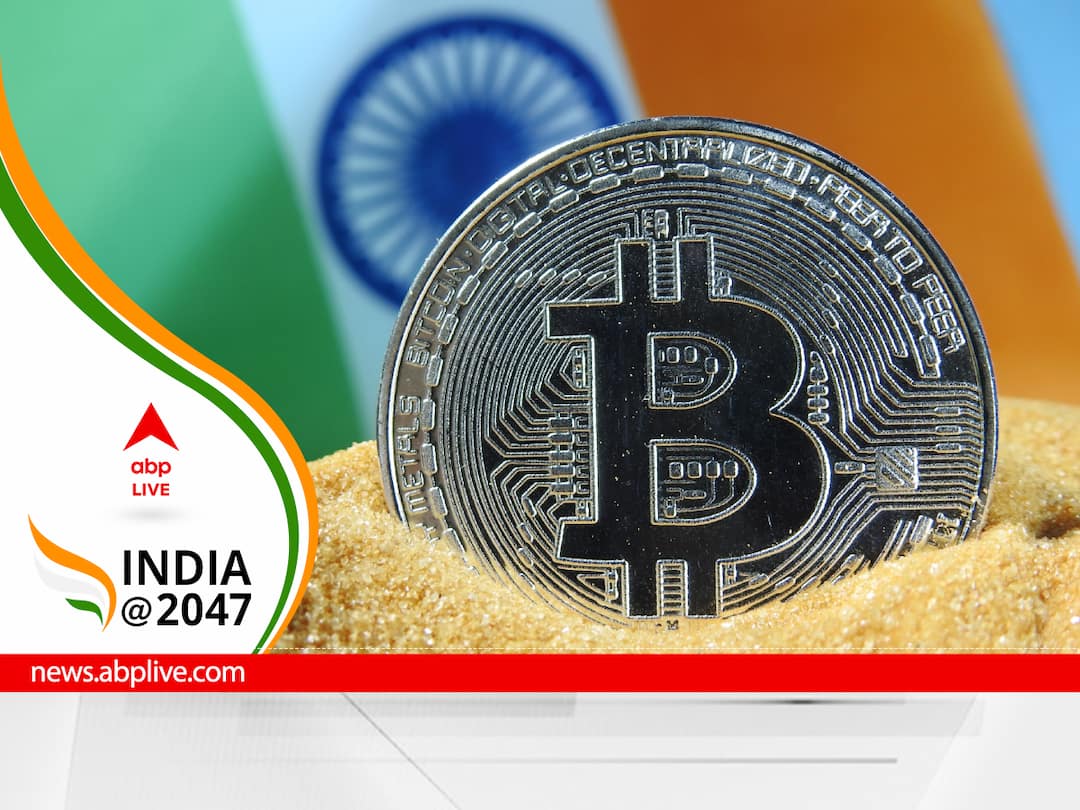Crypto Tax In India: A Tale Of Control Or Caution?
India’s crypto taxation comes in as a word of caution for investors to understand returns first before putting their money in highly volatile assets.

Cryptocurrency gains face a tax of 30 percent in India. Cryptocurrencies, non-fungible tokens (NFTs), and similar entities are clubbed under virtual digital assets (VDAs) in the country and face a stringent taxation structure as part of the new regime that came into effect on April 1 this year. While this may seem like a harsh move at first — as all taxes do — it actually comes in as a cautionary step that can help users be wary of their crypto investments and not put in all their money in a highly volatile sector without a solid understanding, primarily due to promises of mega returns in a short time. The taxation of cryptocurrencies is also considered a way to legitimise crypto assets in India, without banning them outright, allowing investors and traders to continue dealing with crypto without much worry.
First, let us understand the crypto taxation scenario in India, and how it stacks up against other countries.
How much tax is levied on crypto gains in India?
At the Union Budget 2022-23, Finance Minister Nirmala Sitharaman proposed a taxation policy on VDAs. All gains from the sale of VDAs will face a tax of 30 percent. Note that there are no thresholds under which the VDA tax won’t be imposed. This means that even if a taxpayer’s total income is below the threshold limit of Rs 2.5 lakhs, the gains will be taxable.
On top of that, a TDS of 1 percent will be charged on all VDA transactions, which will be deducted by the crypto exchange that will credit or make payment to the seller.
ALSO READ: All About Crypto TDS In India: How Cryptocurrency Exchanges Are Reacting To CBDT FAQ
How does India’s taxation compare to other countries?
In the US, cryptocurrencies face capital gains tax — the same taxation as stocks. The Federal tax rate on cryptocurrency capital gains ranges from zero to 37 percent. For example, if you invested $100 and cashed out at $120, your capital gain would be $20.
The UK also follows a similar capital gains tax structure as the US, with a tax-free allowance of GBP 12,300.
There are certain countries that are considered crypto tax havens. In Germany, cryptocurrency is not considered to be currency, commodities, or even stocks. It is considered private money. If you own cryptos for more than a year, you don’t need to declare them in your tax return and the sale will be tax-free, regardless of profit. If you sell your crypto asset within 12 months, profits up to EUR 600 will be tax-free. Businesses, on the other hand, will have to pay corporate income taxes on crypto gains.
Similarly, in Bermuda, cryptocurrencies don’t invite income, capital gains, withholding, or any other taxes.
Crypto tax in India: Control or caution?
Compared to some countries, India’s tax structure might seem a little bit more relaxed, whereas compared to some other nations, India’s crypto tax might seem harsh. However, the announcement of crypto tax in India was generally welcomed by crypto traders and investors in the country, as it was seen as a sort of legitimisation of digital assets by the Centre.
Add to that the fact that the government is looking to introduce a central bank digital currency (CBDC) soon, which is yet another sign of India being pro-crypto (for the time being). For those unaware, CBDC refers to the virtual form of a fiat currency, like the rupee in the case of India. The legal tender will be issued by the RBI in a digital format. Since it will be considered a digital token of the nation's official currency, it will be regulated by the central bank. It is expected that the CBDC will support India's banking system or complement the existing frameworks.
Having said that, there are strong arguments that cryptocurrencies face a high taxation structure in India. And that is indeed true. In fact, the crypto tax rate in India is kept higher than any other asset class. In comparison, securities in India are taxed at a long-term capital gains tax rate of 10 percent and a short-term capital gains tax rate of 15 percent.
On top of the 30 percent crypto tax, as mentioned, there will be an added TDS of 1 percent, which went into effect on July 1. To offer more clarity, the Central Board of Direct Taxes (CBDT) issued an FAQ in June, detailing all the guidelines on the crypto TDS.
Some considered this a positive move. “We as a part of the association had explained the practical problems in the way [the ministry was] thinking of TDS and had proposed a workable solution. The same has been honoured now and [the ministry has] released our intended guidelines as the standard operating procedure for collecting the info and money on TDS,” said Sathvik Vishwanath, the CEO and Co-Founder of crypto exchange Unocoin. “I would consider this to be a small win for the crypto community and we look forward for such encouragements from other departments as well.”
Some others tried to cash in and use the TDS as a business opportunity to attract more customers to their crypto platforms.
Prashant Kumar, the founder of crypto trading platform weTrade, told ABP Live, “We have decided that we will take 100 percent burden of TDS from our customers by giving them instant cashback equal to the TDS deduction thereby making it even easier for them to comply with regulations. weTrade makes crypto investments easy and rewarding, and by turning it into a TDS-free platform, we hope our customers love us even more.”
He added: “We at weTrade wholeheartedly welcome the move by the finance ministry around the clarification that was issued yesterday in regards to TDS on VDA. The intention behind is positive and it helps bring further transparency around crypto investments by making them easily traceable, which will help grow the industry in the long run with support from regulators.”
Kumar said what is "especially commendable" is that the government has ensured common investors are not hassled while investing, by putting the onus of adherence on exchanges, and clearly articulating the role of exchanges and brokers. "The 1 percent TDS is only applicable while selling which is nonetheless claimable in next year's filings.”
India’s crypto tax, albeit high, comes in as a strict word of caution for common investors who may not have a great understanding of the extreme volatility of the overall crypto market. There is still a lack of deep knowledge of cryptos among the general masses in the country. And, with simple KYC procedures and the availability of exchanges and wallets on mobile apps, it’s very easy to get into crypto investments for anyone with a working bank account and government ID proofs. So, a harsh crypto tax is believed to make people be cautious of their investments, read the fine print, and understand the returns expected before putting in their money.
Disclaimer: Crypto products and NFTs are unregulated and can be highly risky. There may be no regulatory recourse for any loss from such transactions. Cryptocurrency is not a legal tender and is subject to market risks. Readers are advised to seek expert advice and read offer document(s) along with related important literature on the subject carefully before making any kind of investment whatsoever. Cryptocurrency market predictions are speculative and any investment made shall be at the sole cost and risk of the readers.






































